
#WeArePlay is on a virtual world tour: starting first with the U.S. last summer by spotlighting the stories of app and game founders from every state, then visiting India sharing stories from across the country, and more recently visiting Europe by sharing stories from countries across the region.
Today, we’re continuing our tour with one more stop: Japan. From a snowboarding app made by a paralympian, to a game inspired by the enchanting landmarks of Gifu. Discover the people growing apps and games businesses on Google Play.
We’re starting with stories from Chubu, Chugoku & Shikoku and Kinki, with more following throughout the year. Let’s explore some of the stories from across these 3 regions.
First, Takao Hayashi from Nagoya, Aichi. When Takao’s father sadly passed away when he was only 9 years old, he decided to double down on his hobby of coding and help his family become financially secure. He eventually launched Ateam, and after releasing various apps and games in Japan, his company began to focus on expansion into new markets. Their efforts are paying off, as real-time battle RPG Unison League has become a global hit. The Japanese art in the game has become so popular that some fans have even adopted the style of their favorite characters into their fashion. Next, Takao wants to release new games and reach players in more parts of the world, including India and Latin America.
Next, Keiji Okamoto from Kobe, Hyogo. Keiji worked hard to pursue his passion for snowboarding all the way to a professional level. However, an accident on the slopes left him with a spinal injury and the news that he might never snowboard again. With his future plans uncertain and hoping to contribute to the sport despite no longer being able to snowboard, Keiji founded yukiyama: a platform where snowsports enthusiasts can access ski resort maps and track their distances down the slopes. Today the app is used all over Japan. The team plans to make it accessible to tourists too by localizing it to other languages. As the app grows, so does Keiji's sports career, who now competes in the Paralympics.
Now, Hitomi Wada from Kakamigahara, Gifu. Hitomi has been a fan of fantasy role-playing games since a friend first introduced her to them as a child. Years later she got inspired to create her own game, Gifu Quest, while exploring the enchanting sights and landmarks of the Gifu prefecture. Players must save all 42 municipalities from ruin and can even play a role in the game’s creation - with some of their photos of Gifu featuring in the game, and many sharing their travels to the places that appear in the game under the hashtag #realgifuquest. Next, Hitomi wants to create new games and eventually feature the whole of Japan.
And last but not least, Masaomi Kurokawa from Kure, Hiroshima. Masaomi’s love of computers and gaming began back in middle school, when his dad bought him his first computer to program. Later, during the mid-2000s, he decided he wanted to revive classic retro games from his childhood. His RPG title Dragon Lapis has a characteristic old-school aesthetic - with dragons, legends and battles, and is hugely popular with fans of the RPG-genre. His nostalgic games have a loyal fanbase both in Japan and overseas. Masaomi has more games in the works and, in the future, wants to take on new challenges like moving into the app space.
Discover more #WeArePlay stories from Japan, and stories from across the globe.






 Posted by Leticia Lago, Developer Marketing
Posted by Leticia Lago, Developer Marketing

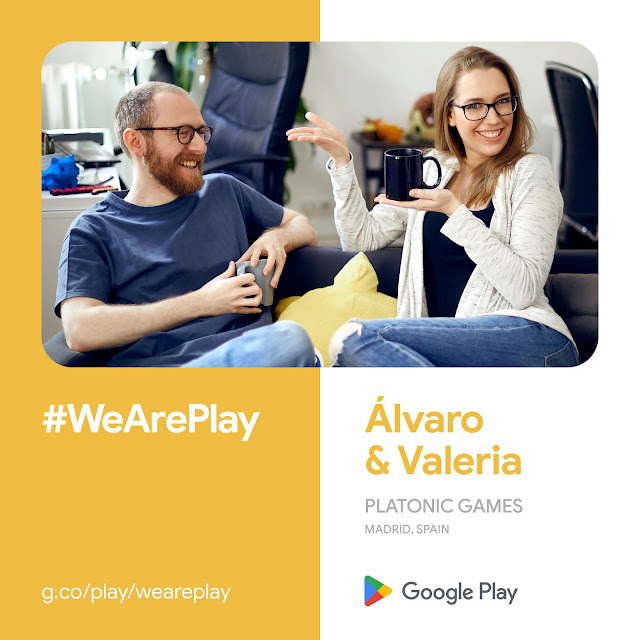


 Posted by Leticia Lago, Developer Marketing
Posted by Leticia Lago, Developer Marketing




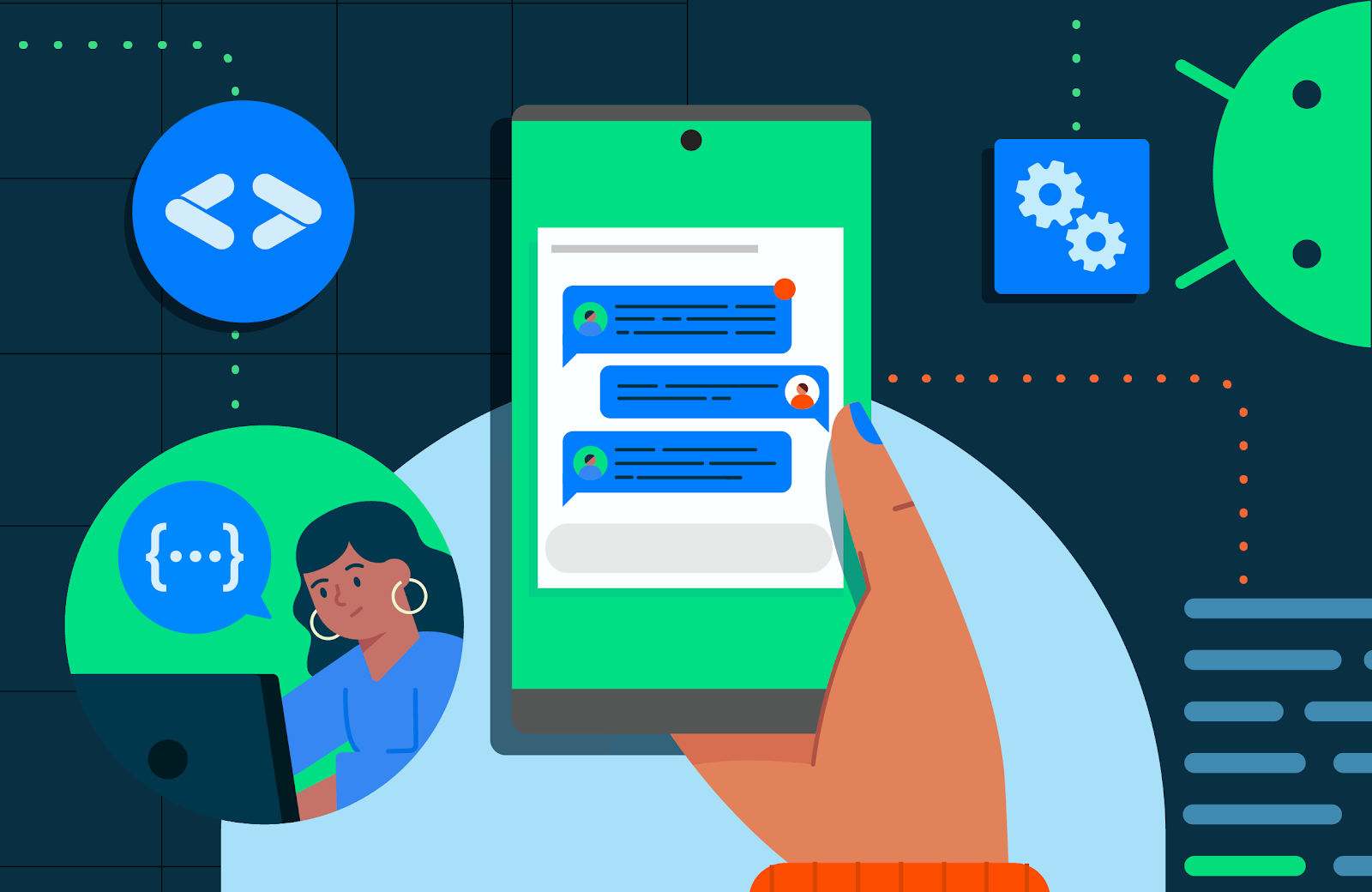 Posted by Dawid Ostrowski, Developer Relations Program Manager, Android Developer
Posted by Dawid Ostrowski, Developer Relations Program Manager, Android Developer

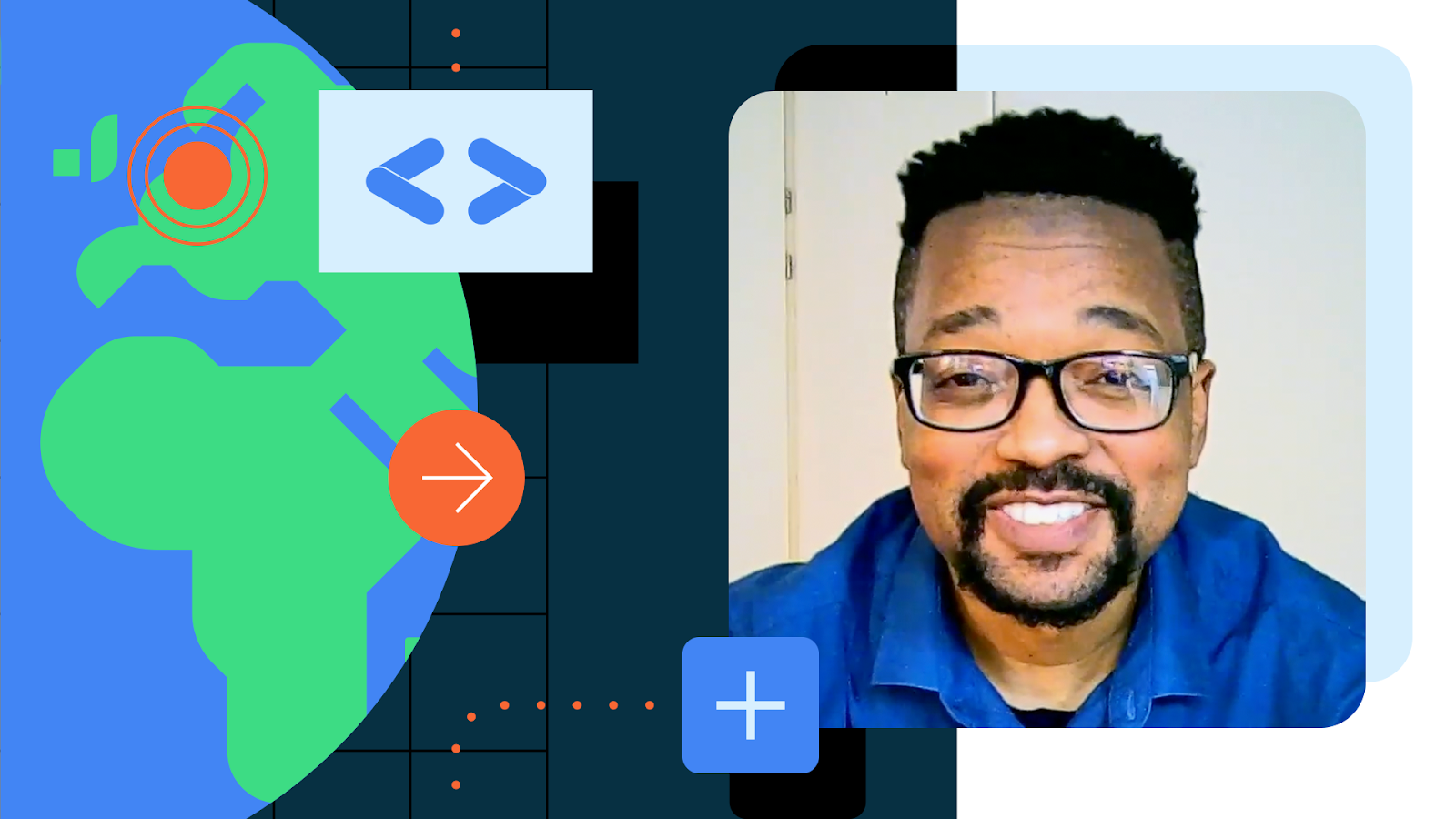
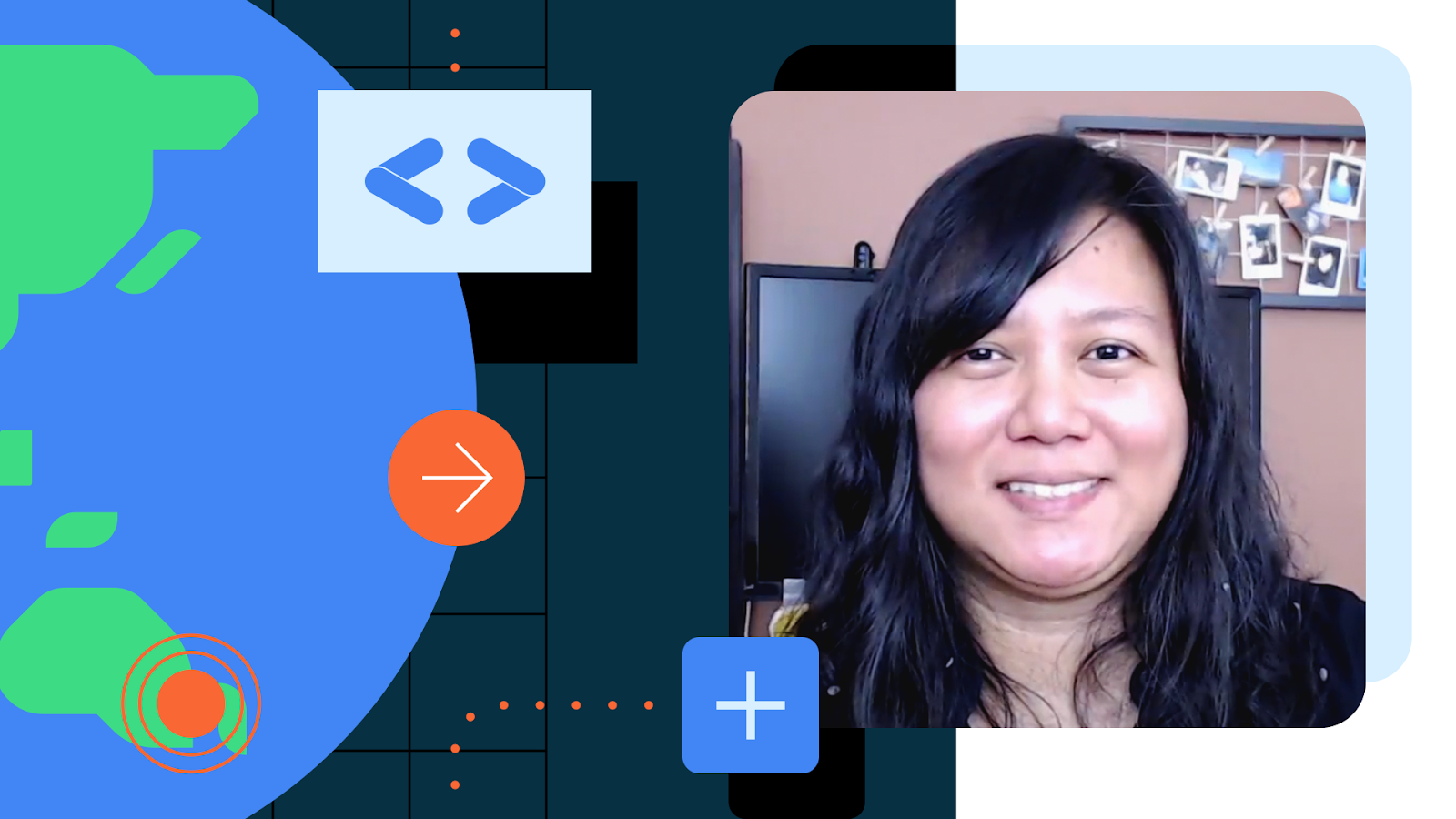
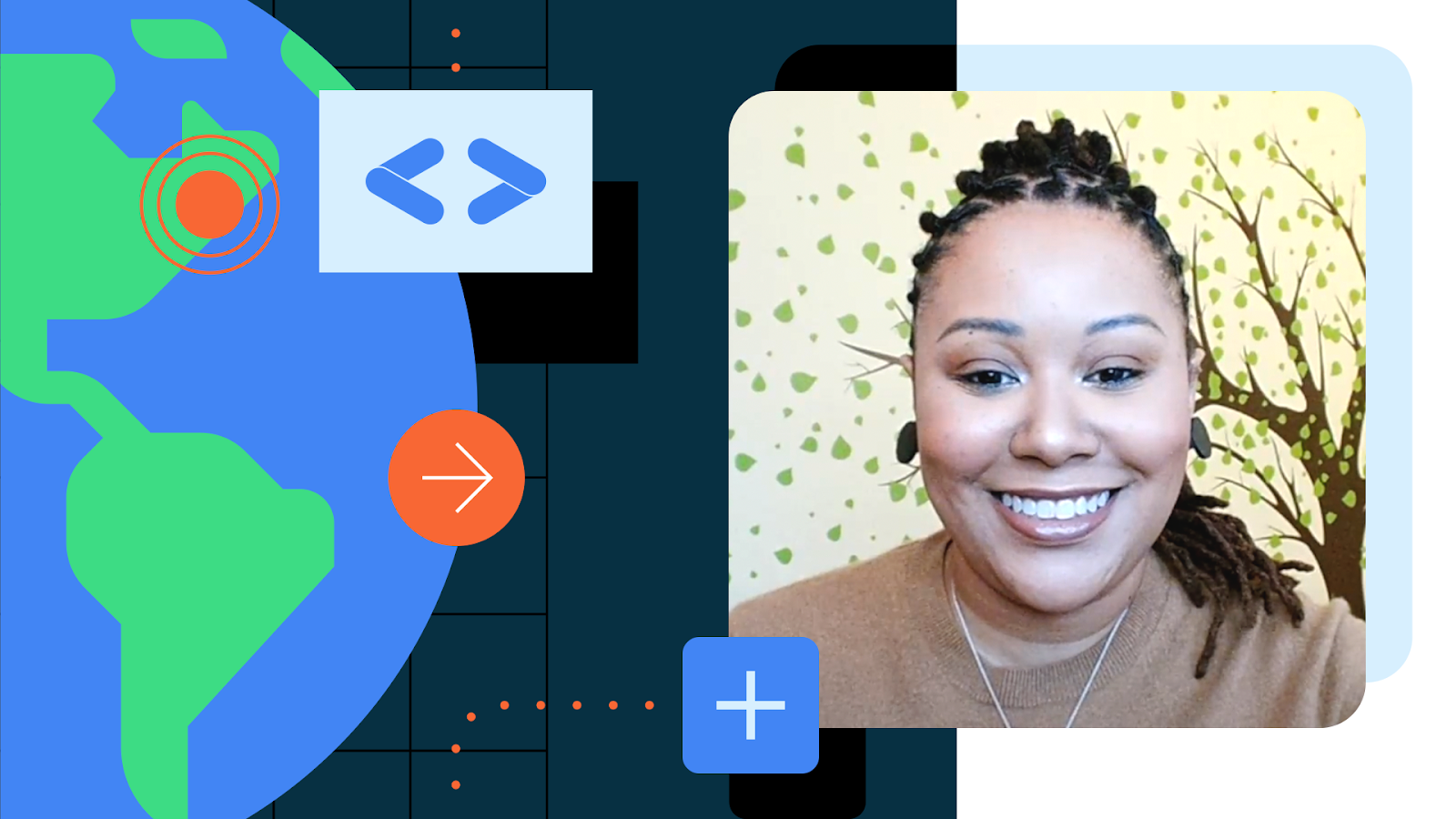
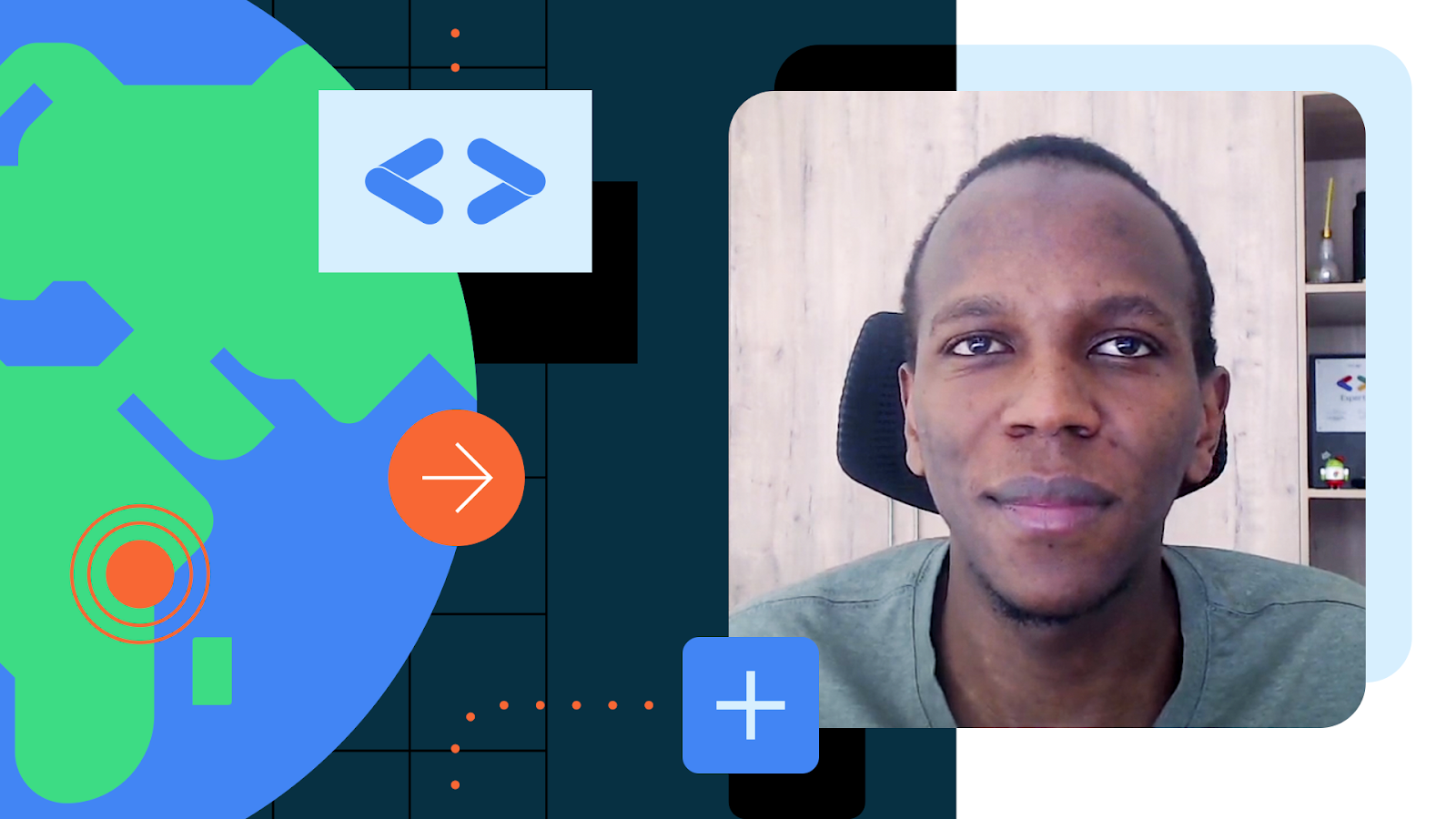

 Posted by Rejane França, Product Manager and Serge Beauchamp, Software Engineer at Google Play
Posted by Rejane França, Product Manager and Serge Beauchamp, Software Engineer at Google Play

 Posted by Leticia Lago, Developer Marketing
Posted by Leticia Lago, Developer Marketing
